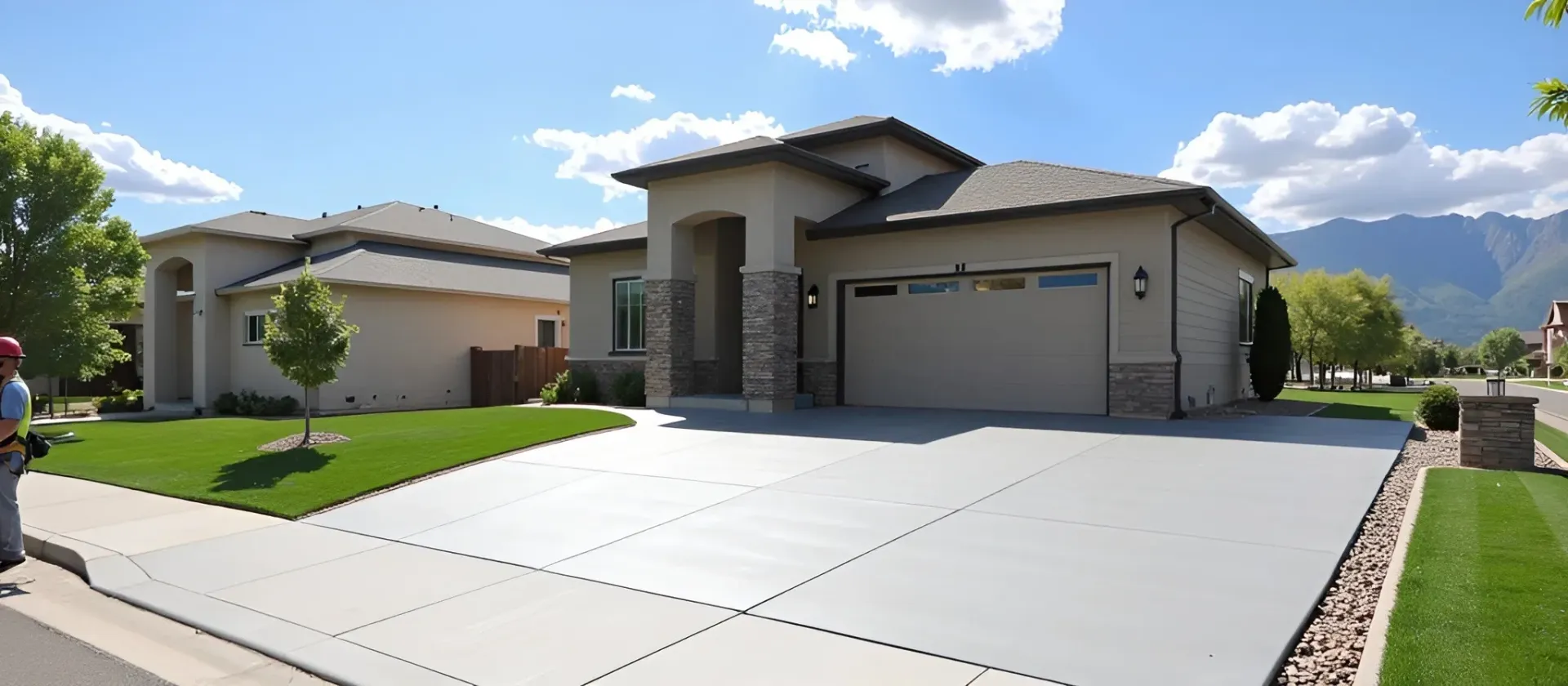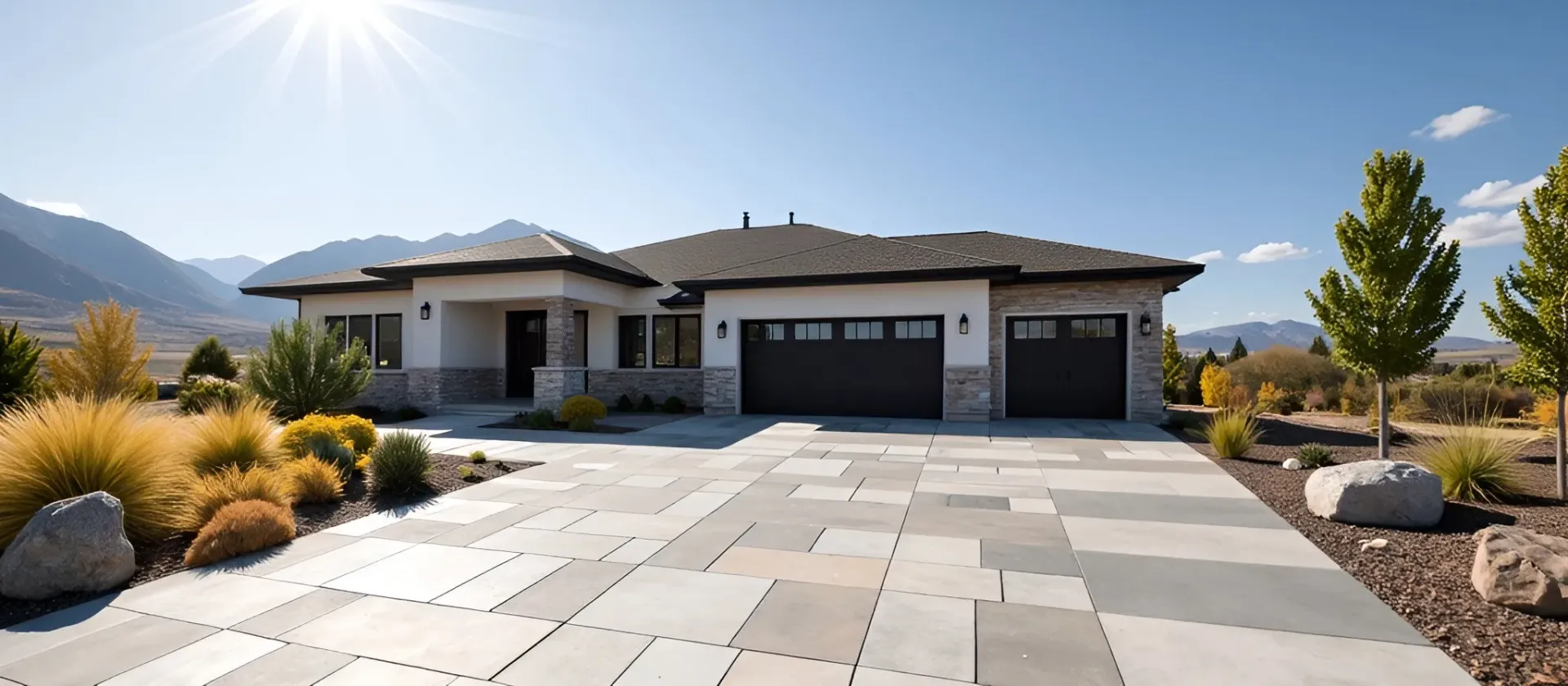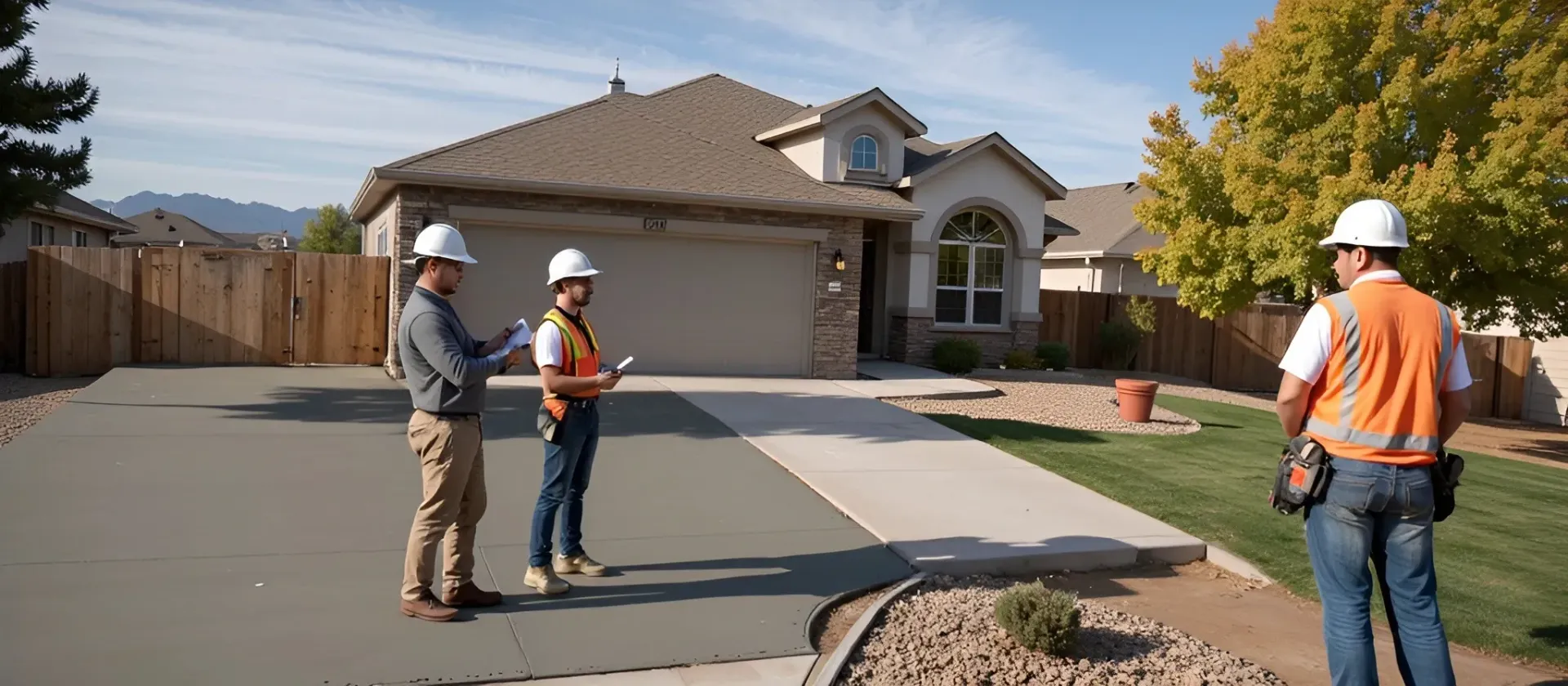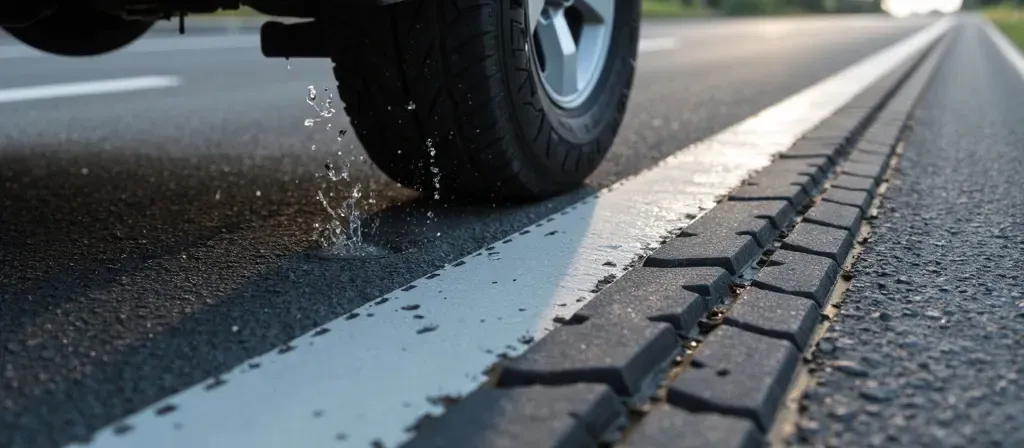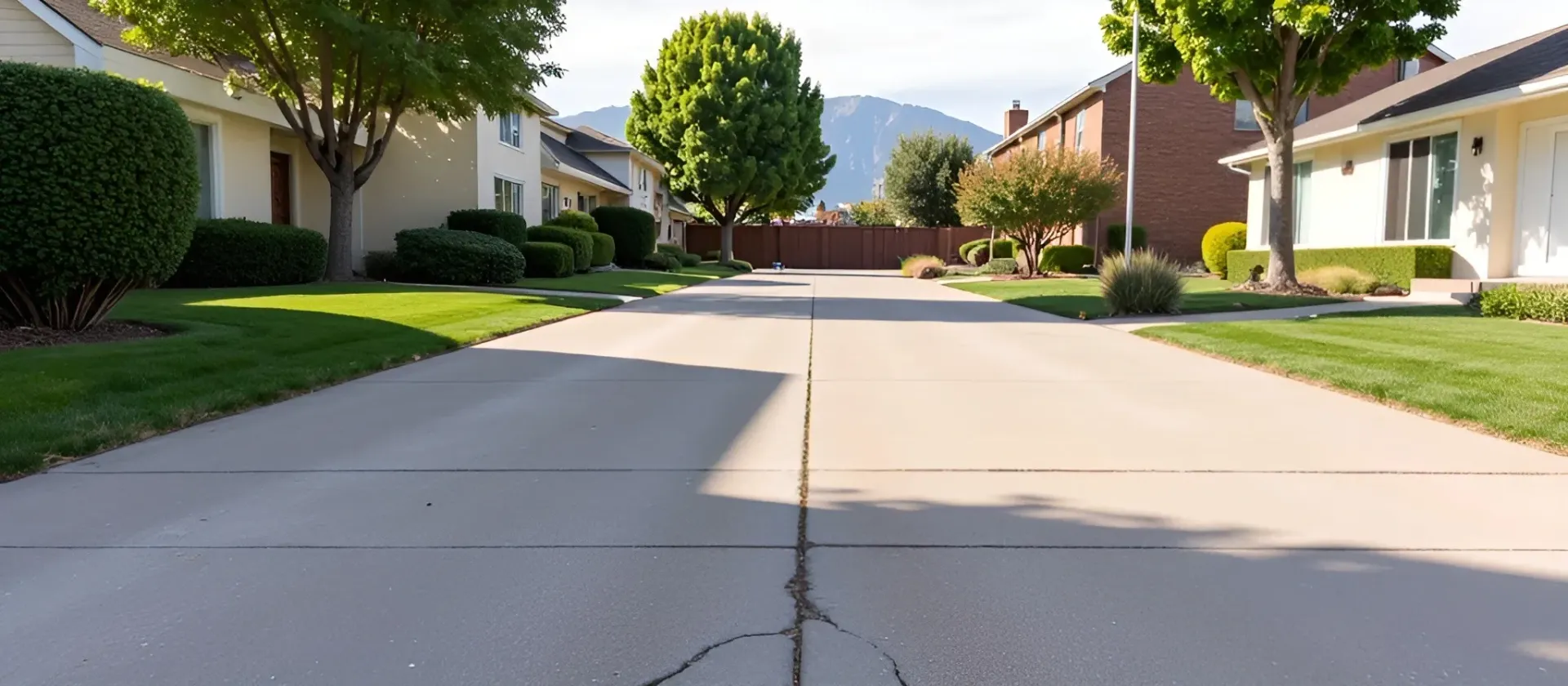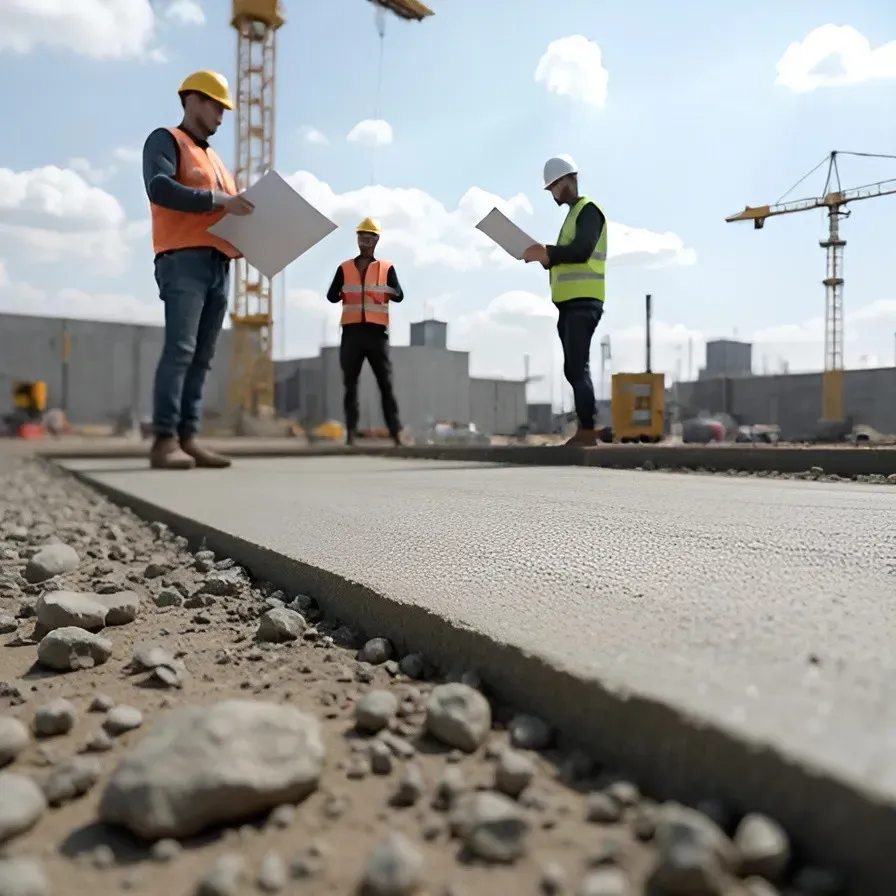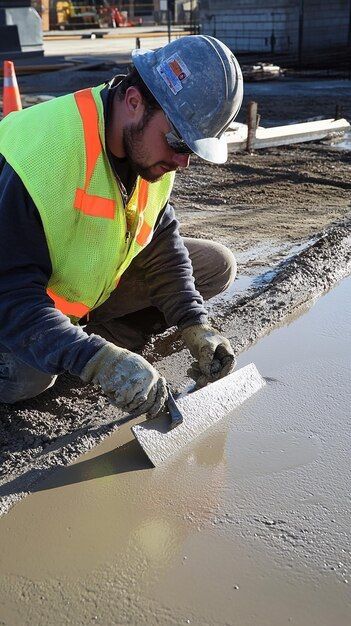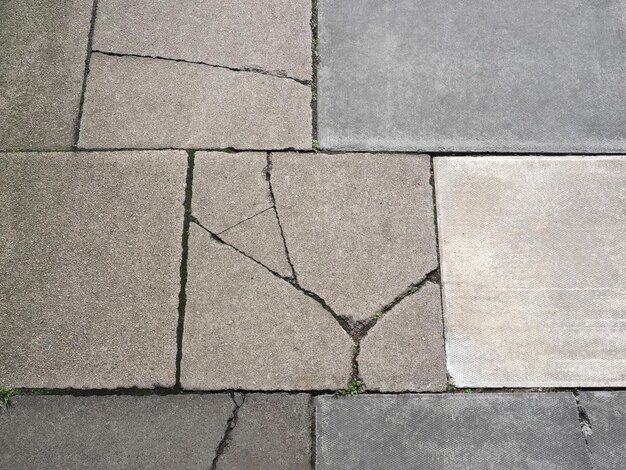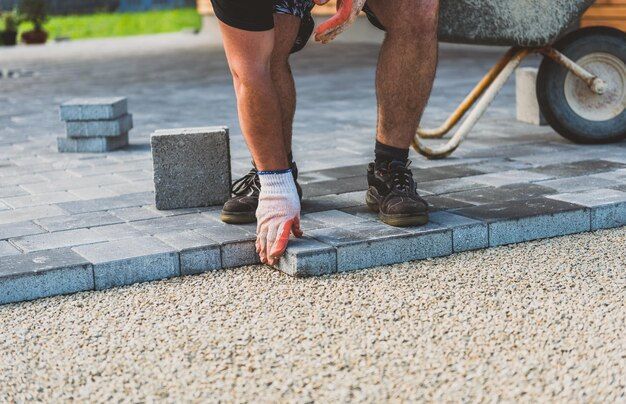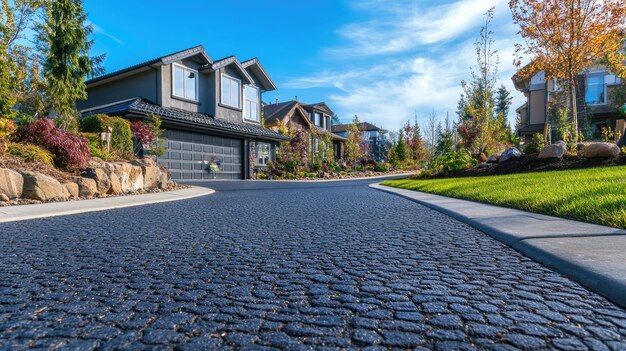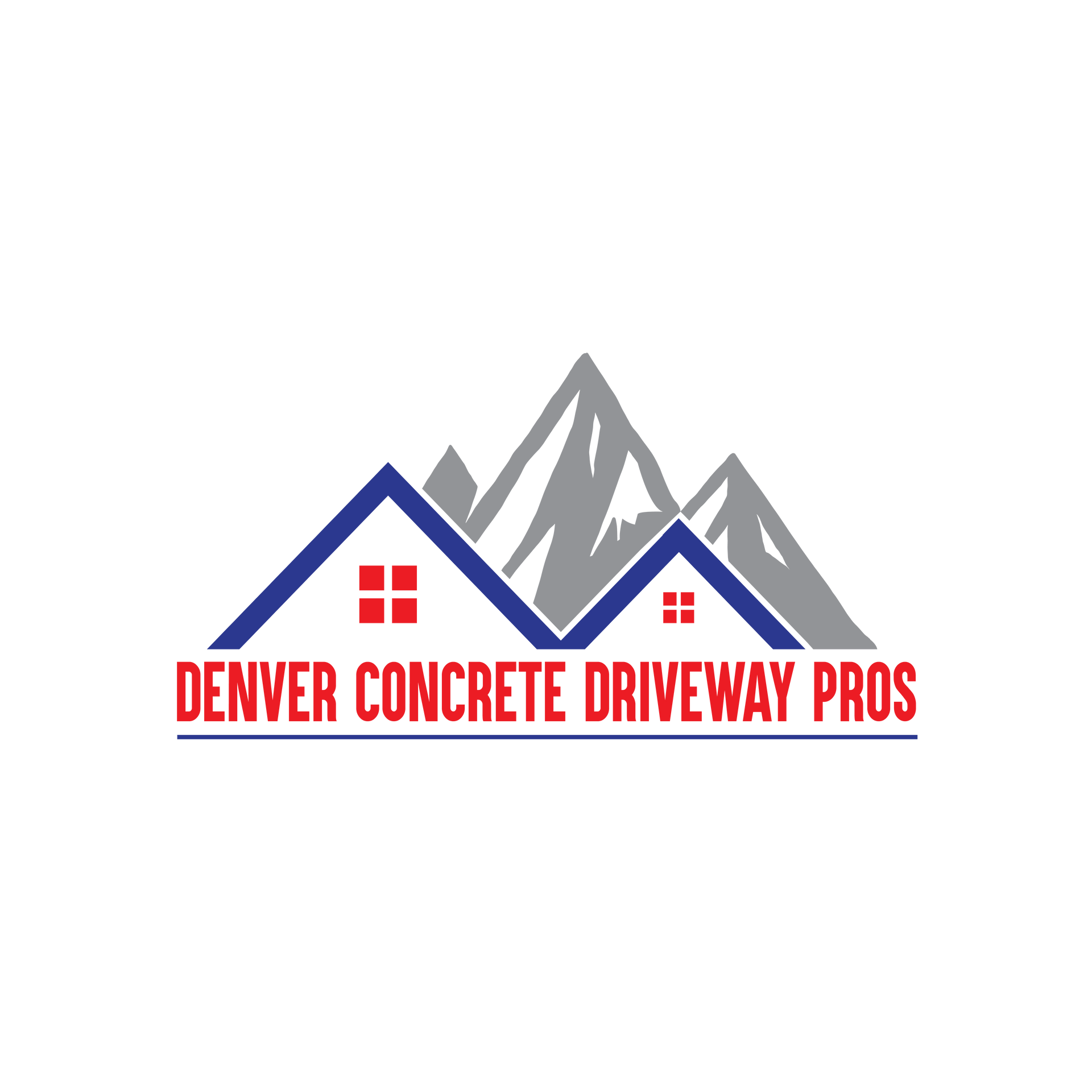Planning Your Concrete Driveway Project in Denver: A Step-by-Step Guide
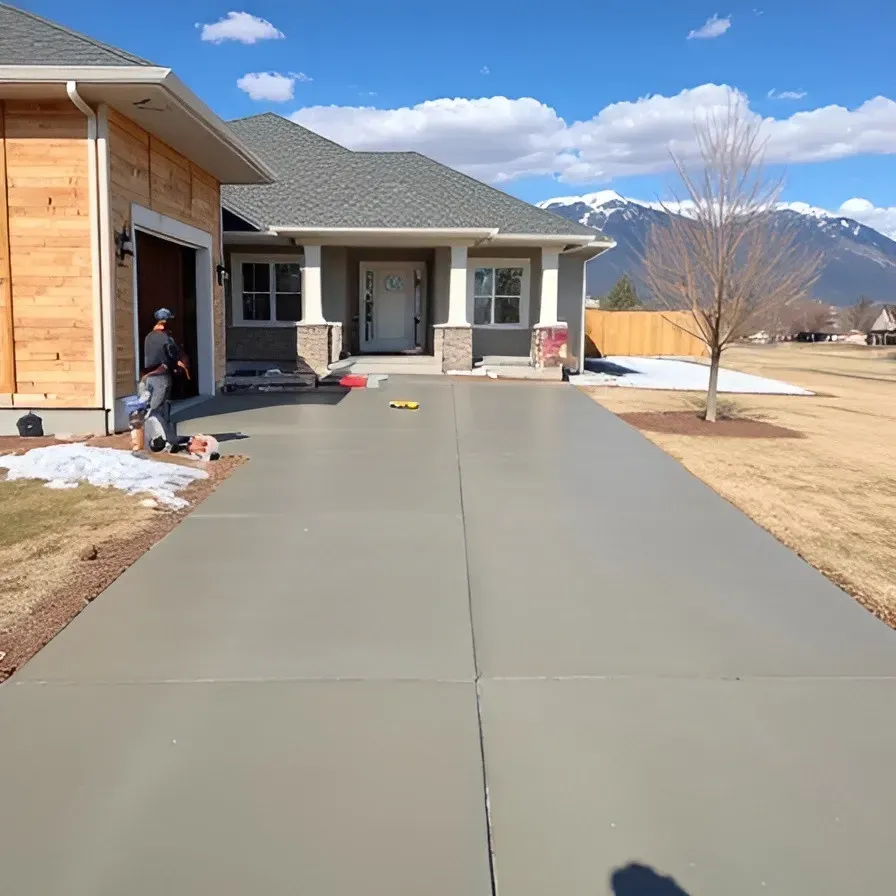
Deep cracks. Poor drainage. Oil stains. That sorry excuse for an old driveway is silently begging for retirement.
You look at it every day. You wince. You park on the street. You mutter, “I should fix this.” Good news: planning a concrete driveway doesn’t have to fry your brain.
Think of it as laying down the red carpet to your personal fortress. Or a clean, minimalist path to your two-car sanctuary.
But—this is Denver. Not Texas.
Here, snow and ice gang up on concrete like it owes them money. Salt? Freezes? Freeze-thaw cycles? They all play rough. Then there’s the city permit drama. Spoiler: you’ll need one.
Still, it’s not rocket science if you’ve got a plan. And that’s what this is. We’ll walk you through everything.
Let’s dig in (but not literally just yet).
Step 1: Know What You Want (and Need!)
Before you call anyone or measure anything, stop and think. What’s your driveway actually for? Just one car? A couple of SUVs? Maybe even your teenager’s first beater car next year?
Planning your concrete driveway starts with answering those questions. It helps you figure out the size, layout, and how heavy-duty the structure needs to be. Will it serve only as a place to park? Or are we talking multi-use, like shooting hoops or weekend car washes?
Defining your driveway’s purpose keeps your planning grounded, literally.
Step 2: Shape It Up!
Now comes the fun part. Time to plan the size, shape, and path of your driveway. Think beyond the boring rectangle. Maybe a gentle curve will boost curb appeal, or a wider turnaround space will make your mornings less... well, frustrating.
Make sure it connects smoothly to the street and garage. Consider how the shape fits with your yard, trees, or landscaping.
Planning your concrete driveway with a thoughtful layout means fewer regrets later (trust us). And if you're not sure where to start, learn how to lay a concrete driveway like a pro to avoid rookie mistakes.
Step 3: Check the Lay of the Land
Every driveway sits on a stage, and your soil, slope, and drainage are part of the act. Denver’s unique climate—hello, snow and freeze-thaw cycles—makes this step super important.
Make sure water won’t pool on your driveway or run straight into your garage. That can cause cracking or worse. You may even want to bring in a pro to check things like soil type or grade. A bit of early detective work saves money and stress later.
Want to get ahead of common issues? Read up on why concrete driveways crack and how to avoid them.
Step 4: Get on the City’s Good Side
Ah, Denver. Beautiful, but not shy with its rules. Before any concrete truck shows up, make sure your plan is above board.
You’ll likely need a permit. Also, if your driveway connects to a public sidewalk or road, the city might have extra rules.
Planning your concrete driveway the right way includes checking boxes with the city. It’s not the most exciting part, but skipping it could mean fines or do-overs. Nobody wants that.
Step 5: Budget Like a Pro
Planning your concrete driveway means being honest about what you can spend. In Denver, expect to pay anywhere from $6 to $12 per square foot. That adds up fast!
Don’t forget to budget for extras: permits, drainage fixes, decorative finishes, or even removing your old driveway. Oh, and add a little cushion—say 10 to 15%—for surprises. Because yes, they happen.
Knowing your numbers helps you plan smarter and avoid financial stress down the road (pun intended).
Understand the real costs of concrete driveway construction in Denver so you're not caught off guard.
Step 6: Pick Your Look and Materials
Concrete doesn’t mean boring gray anymore. Broom finish? Clean and classic. Stamped? Fancy and eye-catching. Exposed aggregate? Textured and modern.
Think about what fits your home’s style and your neighborhood. Planning your concrete driveway is definitely about function. But it’s about first impressions, too. Choose a finish that looks great but also stands up to Denver’s weather swings.
And don't forget about control joints. They keep the cracks under control.
Step 7: How Much Concrete Do You Actually Need?
Measure your planned driveway area: Length times width. Then, figure out how thick it should be. 4 inches is standard. But maybe go thicker if heavy trucks will be using it.
Multiply the area by thickness (in feet), and boom. You’ve got the cubic footage of concrete you need. Or just use an online calculator. Either way, planning your concrete driveway means knowing how much material to order.
Too little? Delays. Too much? Wasted money. Get it right.
Step 8: Choose the Right Pro for the Job
You’re not laying the concrete yourself (we hope). So, hire someone who knows what they’re doing.
Ask around. Read reviews. Check credentials. Look for contractors who know Denver’s conditions, someone who won’t blink when you mention freeze-thaw cycles or snow plows. A good contractor will also help fine-tune your plan and possibly save you from rookie mistakes.
Planning your concrete driveway includes planning who’s going to build it. Don’t leave this step to chance.
Before signing anything, take a look at the top 10 questions to ask your Denver concrete driveway contractor to make sure you're hiring the right pro.
Step 9: Sketch Out a Realistic Timeline
Your dream driveway won’t appear overnight. Weather, permits, and schedules can slow things down.
Spring and fall are usually the best times to pour concrete in Denver, cooler temps help it cure properly. Plan around these seasons, and always leave room for a little wiggle in your schedule.
If you're planning your concrete driveway with a clear timeline, you're way ahead of the game.
Wrapping It Up (Before You Pour It Out)
There you have it. Everything you need to kick off your concrete driveway project the smart way. From vision to budget to local rules, every step in planning your concrete driveway matters.
So grab that notebook. Sketch a few designs. And start making calls. That new driveway isn’t going to plan itself. Although, wouldn’t that be nice?
One thing's for sure: when you finally pull into your brand-new, beautifully planned concrete driveway, you’ll know it was totally worth it.
